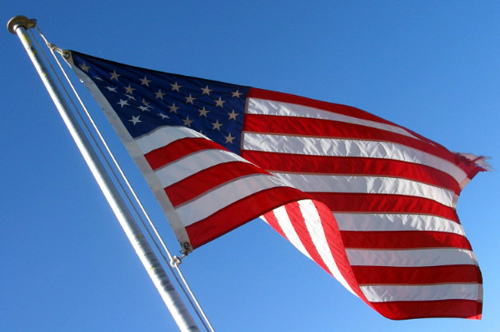(Disclosure, or Caveat: I don’t have hard evidence to back this up, and I presume many of my friends on the left side of the political aisle would deny it. This is supposition on my part, grounded in my own perceptions of news stories, Internet postings, and conversations. I suspect I could find some documentary evidence if pressed to do so.)
My question in this blog post stems from the vehemence with which the Tea Parties have been excoriated by left-leaning elements of the press and the populace. Interesting in the first place is that the groups took their name from a pivotal event in U.S. history, and were quickly branded with a homosexual slur that many on the left still seem not to recognize.* Perhaps it should not be surprising, since those leaning left consider themselves “progressive” and wish only and always to “move on” to something new and different (even if not demonstrably better), that they would disdain a movement that looked back to an example of revolutionary protest by Colonial patriots.

(U.S. Flag image by Elaron, via Flickr, under Creative Commons. Click to enlarge.)
But even more interesting and appalling is that the same people who went to great lengths after September 11 to ask why terrorists would attack us — who characterized the terrorists’ concerns as legitimate and presumably still believe them worthy of serious consideration by the very people they attacked — won’t spare even a moment to consider why their political opponents differ from them. They asked about the terrorists, “Why do they hate us?” Do they ask of those at a Tea Party rally, “Why do they disagree with us?” From what I have seen, they do not ask and would not be interested in the answer. In a life-and-death struggle with radicals who would prefer them (and the rest of us) dead if we refuse to convert, they want to meet around the table and listen to grievances; but in a political debate, they refuse to listen to differences of opinion.
People on the right and the left used to agree on one thing: that they would defend each other’s right to express their opinion, even when they disagreed. No more, it seems.
Pogo was right: “We have met the enemy, and he is us.”**
___
*First pointed out by James Taranto of the Wall Street Journal. In effect, their use of vulgar slang in the pejorative sense equates to a slur in both directions, i.e., against the homosexuals as well as Tea Partiers.
**From a 1971 cartoon by Walt Kelly. A play on US Navy Captain Oliver Hazard Perry’s message to Major General William Henry Harrison after the Battle of Lake Erie (War of 1812), “We have met the enemy, and they are ours.”







